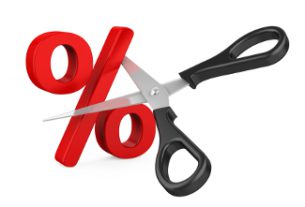By now even the most fervent stock market bulls realize that the current valuations of stock markets are way out of whack with underlying market fundamentals. By just about every measure, stocks are trading at ratios that are far higher than their historical averages.
Most people look to the price to earnings (P/E) ratio when analyzing stocks. The S&P 500 is currently trading at a P/E ratio of 18.6, well above its 10-year average of 14.9. But that’s still below the level of 23.4 at which the P/E ratio was in October 2007, the last pre-crisis stock market high. There’s another ratio that’s giving investors some pause, and that’s the price to sales ratio (P/S).
The S&P 500’s P/S ratio right now is at an all-time high, coming in at 2.3. That’s higher than its previous all-time high, which was reached at the height of the dotcom bubble. And that has many investors uncomfortable and nervous.
The fact that all these ratios are so high is largely the result of all the easy money created by the Federal Reserve flooding the economy. Companies have taken advantage of the resulting low interest rates to issue huge amounts of debt in order to buy back their shares.
That results in rising stock prices, higher earnings per share (because there are fewer shares in circulation), and big bonuses for corporate insiders. But it means that all other ratios, such as P/E and P/S ratios, are skewed far from where they otherwise might be. And it means that those trying to analyze stocks have to really dig to find useful information about which stocks might still be good buys.
Just like the dotcom bubble and the pre-financial crisis stock market bubble, stock markets are sending all kinds of signals that they’re overvalued and primed for a crash. Many investors may not be paying attention, preferring instead to devote their time to watching stock markets as they continue to rise. But when those stocks fall back to earth, they’ll wish that they had taken the time to protect their assets against that crash.
Investors who understand the risks that overvalued stock markets pose are already starting to invest in gold, knowing that gold will continue to rise in value even when stock markets crash. Just like during the financial crisis, gold will gain while stock markets lose. If you haven’t invested in gold yet, but you want to protect the value of your retirement savings, then you owe it to yourself to learn more about how gold can protect your investment portfolio and keep your wealth safe during times of financial turmoil.
This article was originally posted on Goldco.





